24 HRS Emergency Dentist
Portimão
24 Hour Emergency dental Care
24 Hour Emergency Dental Service is temporarily unavailable.
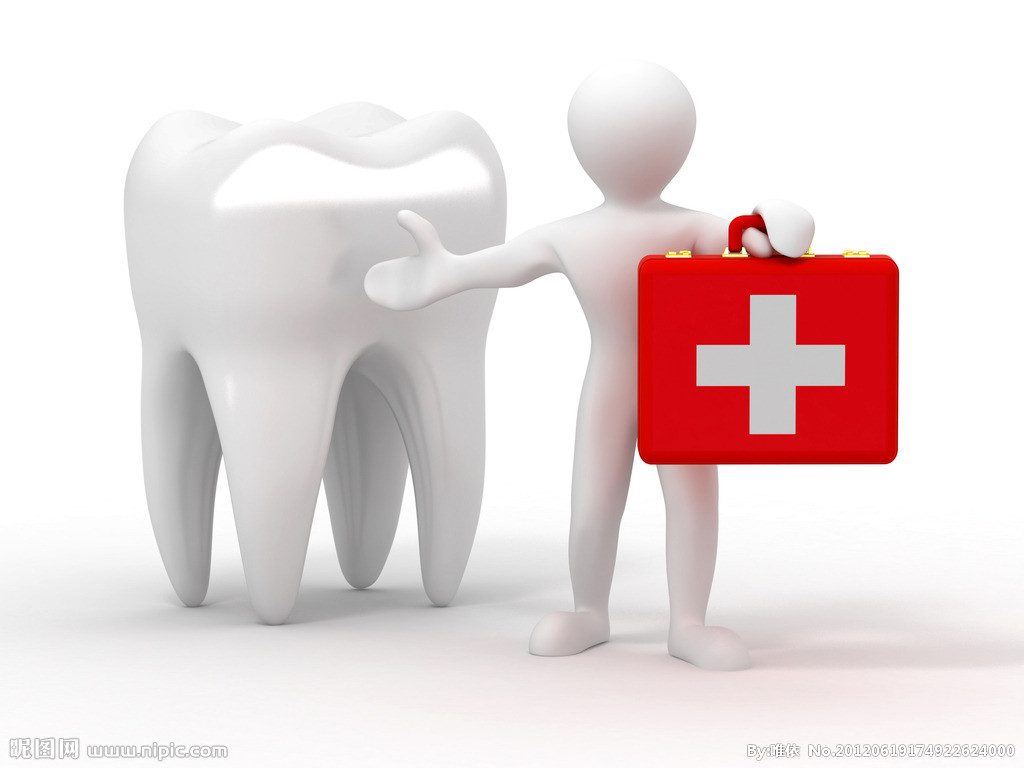
You may encounter problems with your teeth and mouth. The information below will help you determine the action you should take. Some dental problems are emergencies, requiring immediate attention, others are less urgent. All of these situations require that you see your dentist soon, if not immediately.
“Clínica PRIVÉ’s 24-Hour Emergency Dental Service is temporarily unavailable.“
Accidents, dental injuries, and tooth damage can happen at any time, day or night, and they often demand immediate attention. In cases such as these, an emergency dentist who offers after-hours services can provide the care you need. You should also know how to take care of your dental discomfort at home until the dentist is able to see you. Doing so is likely to improve the outcome from your emergency dental treatment and also decrease the chances of complications down the road.
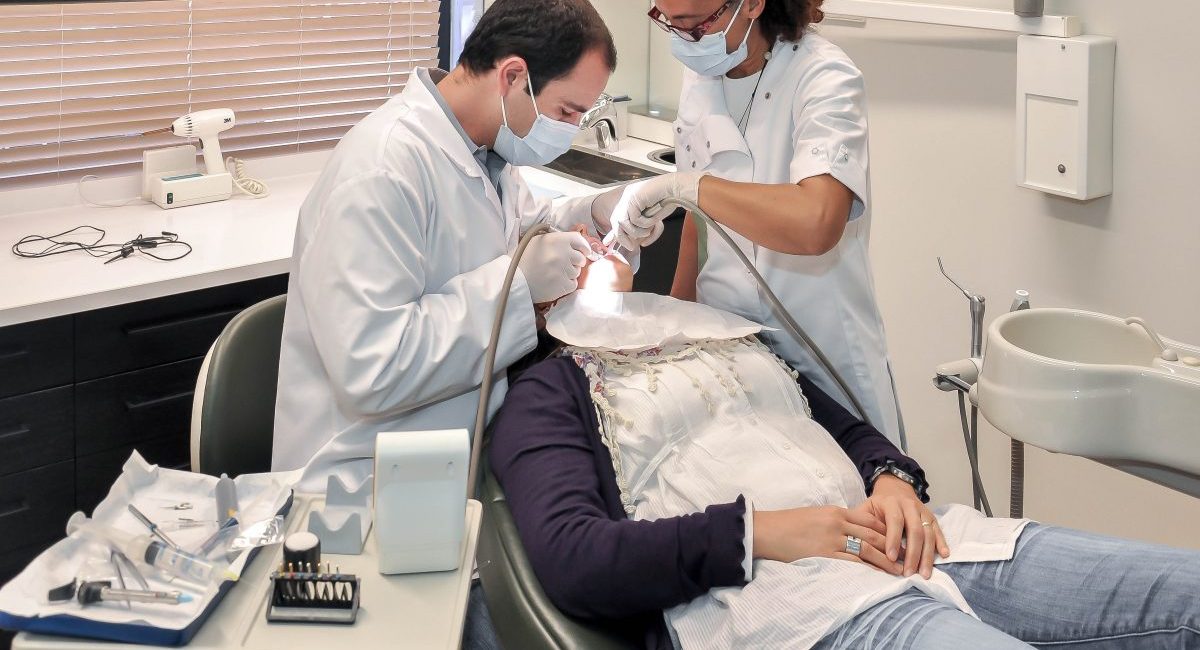
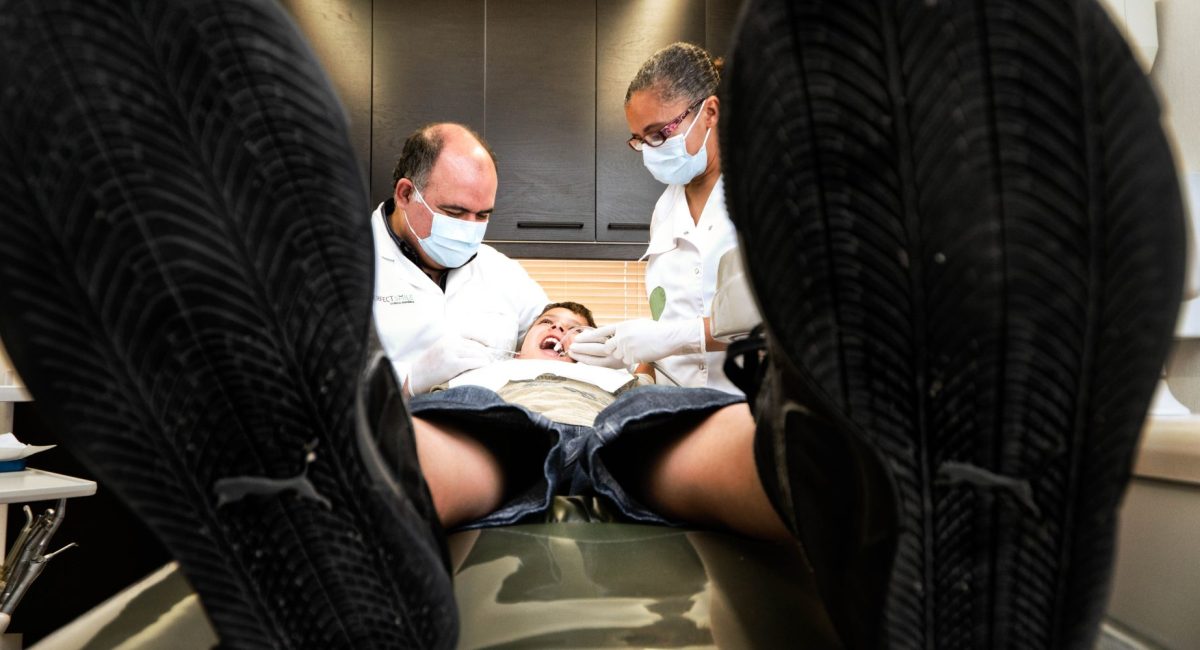
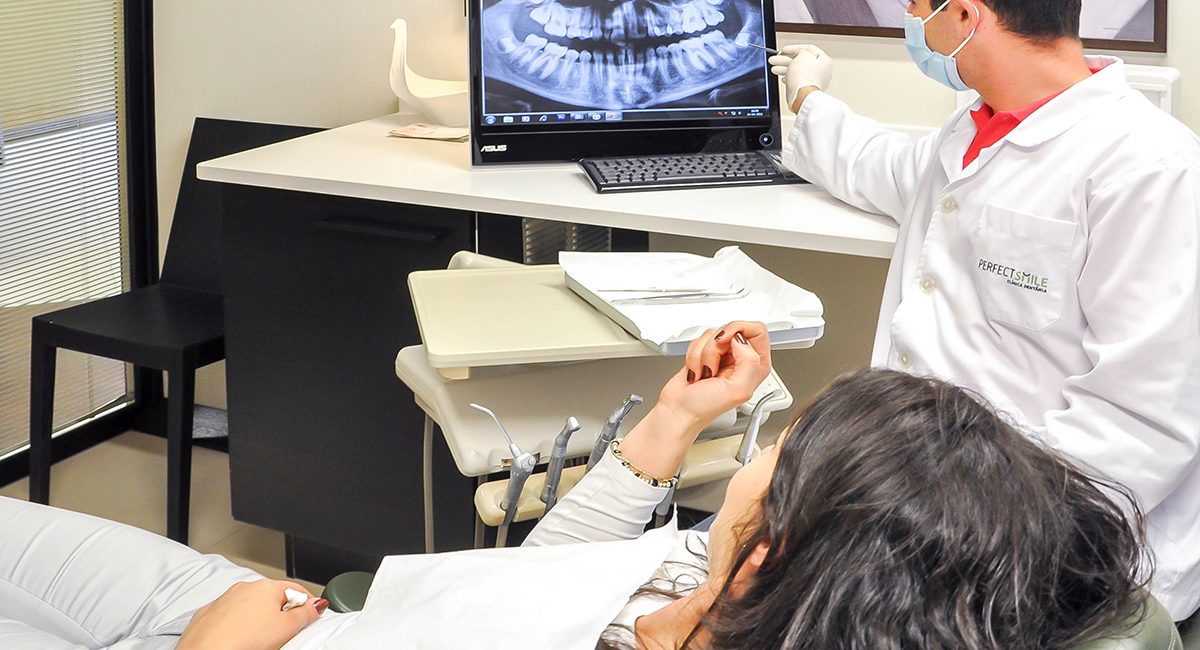
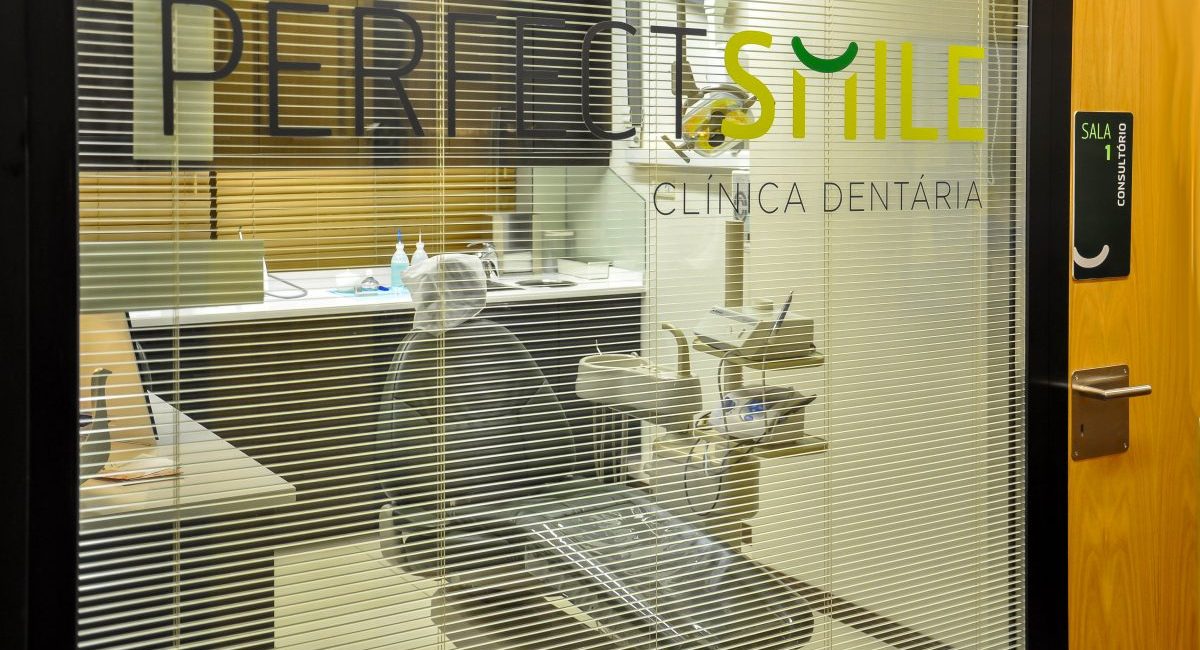
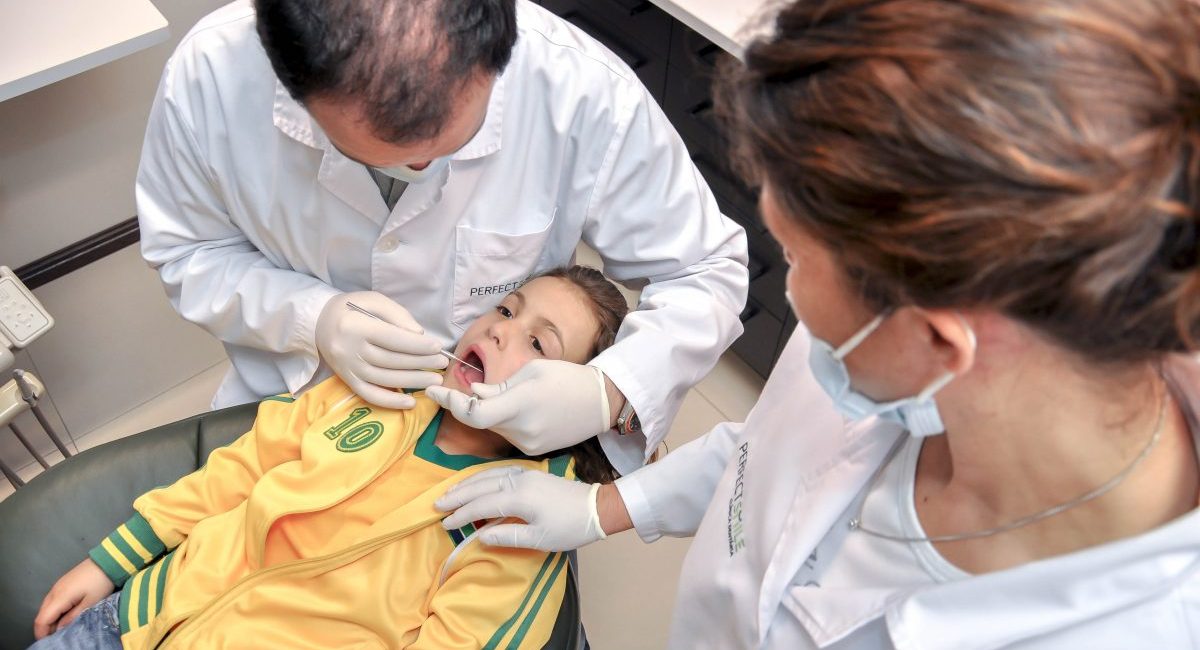
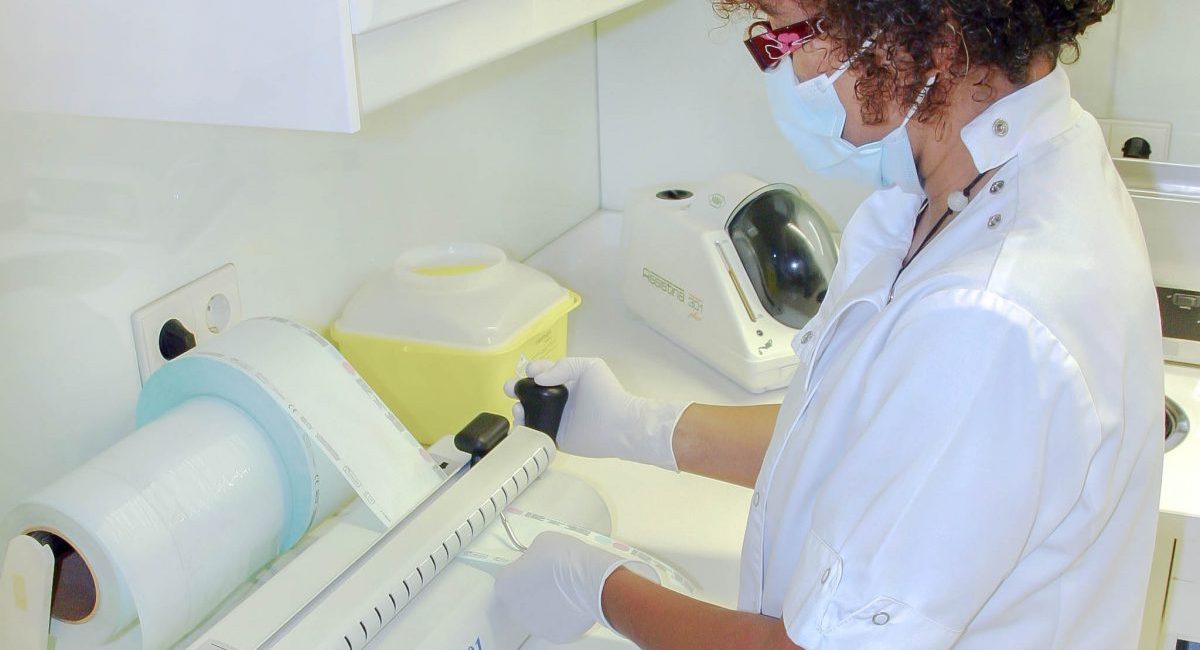
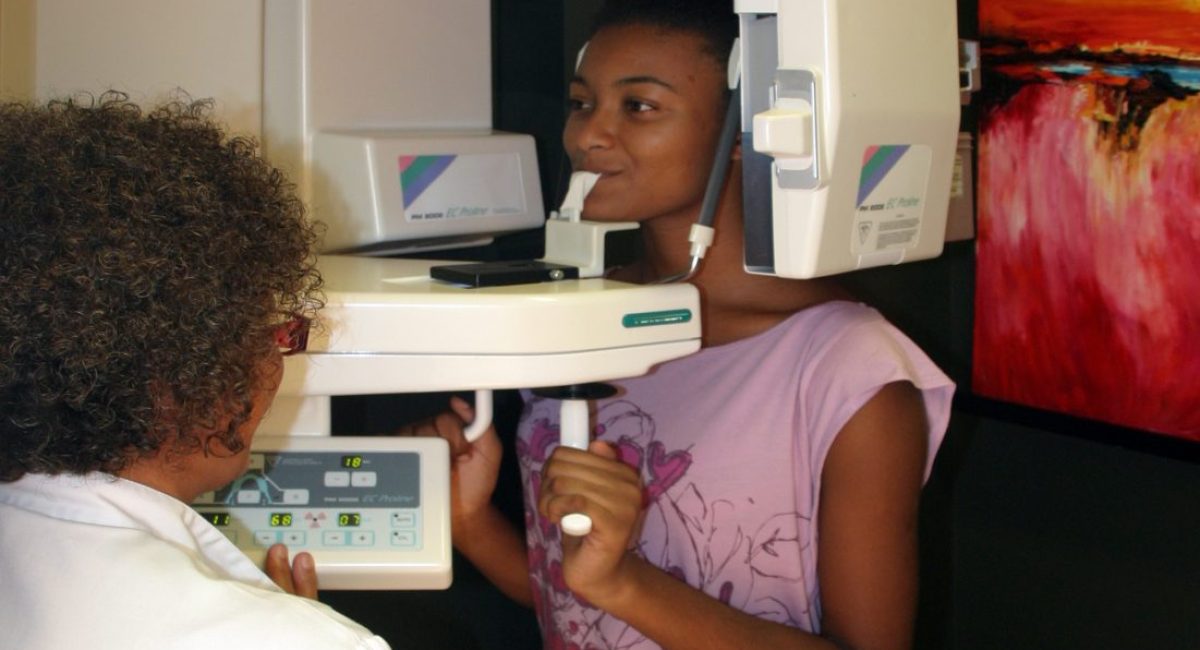
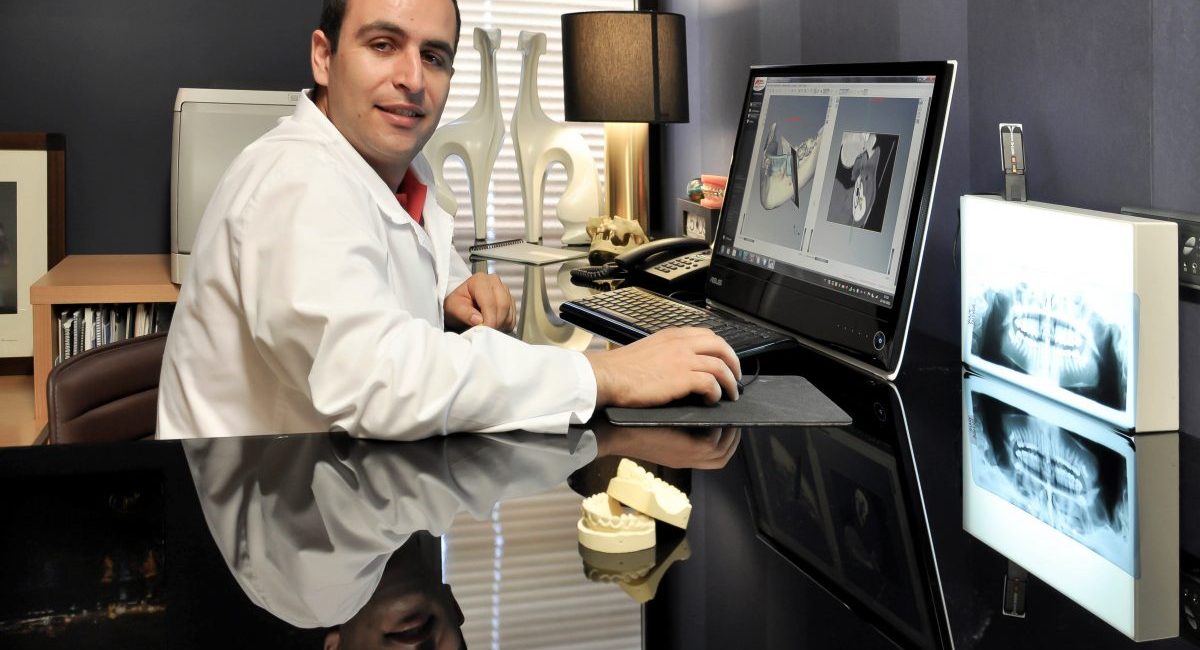
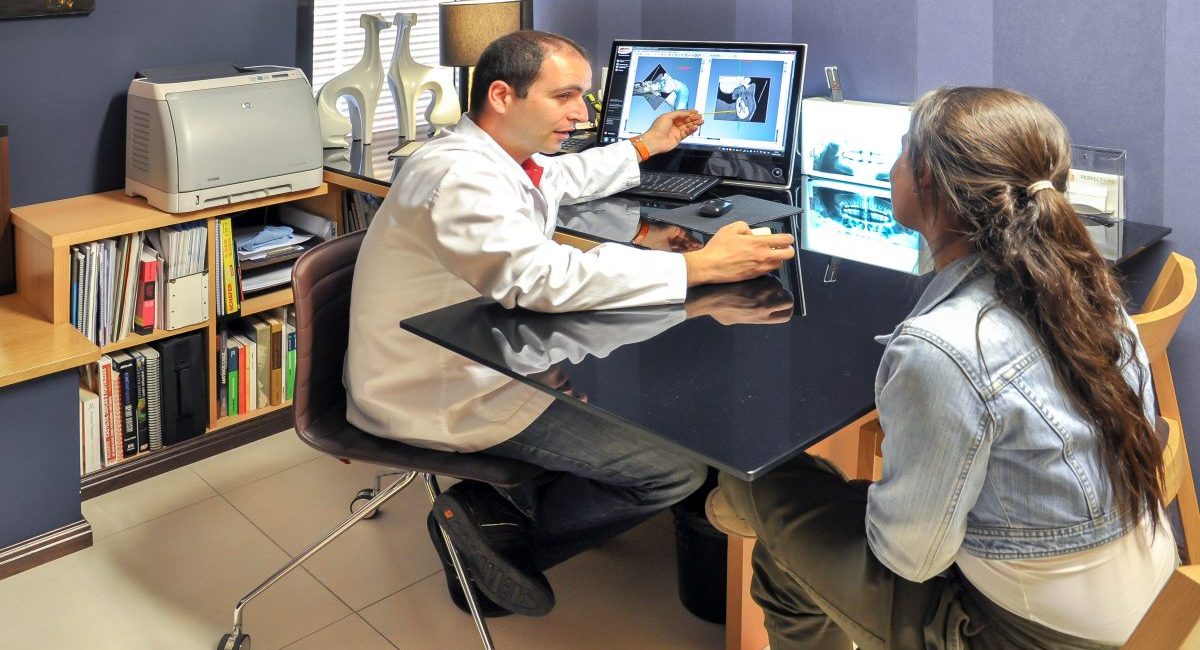
EMERGENCY SITUATIONS:
If you have mild tooth sensitivity, bad breath, sore gums, or other relatively minor dental ailments, make an appointment with your regular dentist for a checkup. While it is important to treat these conditions promptly, they are not dental emergencies. On the other hand, the conditions below do require emergency care. Here is some guidance for handling each one.
TOOTHACHES
Toothache pain can be overwhelming, making it impossible to eat, sleep, and carry out your daily obligations. Serious tooth pain is often caused by a dental abscess or infection, or by serious decay that has irritated the nerves in and around your tooth. When tooth pain does not respond to over-the-counter pain relievers, you can consider it a dental emergency. Call us, and follow these tips until they are able to see you:
- Hold a cold compress against the outside of your mouth near the sore tooth.
- Rinse your mouth with salt water to kill bacteria and alleviate inflammation.
Use dental floss to remove any food that is lodged near the sore tooth.
Apply an oral numbing gel, sold at most drugstores, to the sore tooth and the gums around it.
Never apply aspirin or another pain reliever directly to your tooth or gums, as this can irritate the gum tissue and make matters a lot worse.
Our emergency dentist will examine the tooth and take x-rays to determine the cause of the pain. You may need a root canal or extraction to treat the abscess and associated pain; antibiotics may also be prescribed.
BROKEN OR CRACKED TEETH
If you chip or break a tooth, whether while eating or while engaging in sport, it’s important to see a dentist as soon as possible. The sooner you receive treatment, the more likely it is that your dentist will be able to reattach the broken piece to your damaged tooth. Save any pieces of the chipped tooth that you find, and rinse them gently in warm water. Place them in a cup of milk, and take them to the dentist’s office with you.
If your chipped or cracked tooth is painful, you can ease the pain by taking an over-the-counter pain reliever like ibuprofen. Hold a cold compress against the outside of your cheek, and if you are bleeding, bite down on a piece of gauze to slow the bleeding.
KNOCKED-OUT TOOTH
Having a tooth knocked out of your mouth can be traumatic, but take a deep breath and remember that our emergency dentists can treat this kind of situation. If you are able to see our dentist within an hour, there is a pretty good chance that the tooth will be able to be re-inserted into its socket and saved.
Have a friend call the dentist immediately while you focus on the lost tooth. Always lift up the lost tooth by the crown, rather than the root, since you do not want to introduce any bacteria or other pathogens to the tooth root. If there is any debris or dirt on the tooth, run it under some clean, cold water, but do not dry it on anything. Push it back into its socket, making sure that it is facing the right way, and bite down slowly to keep it in place until you reach the emergency dentist. If you cannot easily get the tooth back into its socket, store it in a container of milk.
The emergency treatment process for a lost tooth involves cleaning the socket to remove any debris, and then re-inserting the tooth in its socket. Your dentist may use wire or a special splint to hold the tooth in place. Over the next few weeks, the bone will fuse to the teeth, rendering it stable in the jaw once again.
LOST OR DAMAGED FILLING
If you chip or crack a filling and do not experience intense pain, you can probably wait until your regular dental office is open to seek treatment. If you lose a filling completely, you can place some sugar-free gum in the empty space. If this keeps you comfortable enough, you can see your normal dentist to have the filling replaced within a few days. If the pain is unbearable, contact an emergency dentist, who can insert a new filling promptly.
LOST CROWN
A lost crown is a dental emergency, but as with a lost filling, you should be able to put off treatment until your general dentist is available. In the meantime, you can apply clove oil to the tooth to alleviate any soreness. You can also apply some denture glue to the tooth and slip the crown back over it. Never use super glue to reattach the crown. If you cannot get the crown to stay securely on your tooth, store it in a plastic bag until you are able to get to the dentist. While you don’t need to see the dentist the same night you lose the crown, do make an appointment as soon as possible. Putting off treatment may lead to additional damage to the tooth.
LOOSE BRACES BRACKETS
A loose braces bracket is not a reason to visit your emergency dentist at 12:00 am, but it is a reason to see your orthodontist or general dentist as soon as possible. In the meantime, you can use orthodontic wax to hold the loose bracket in place. Also apply some wax over the top of the bracket so that it does not rub on your cheek. Your orthodontist will probably need to re-cement the bracket or replace it entirely.
If a wire in your braces breaks off or starts poking you in the cheek, this is similarly an emergency that can wait until the next day. To stop the wire from poking you, try using a pencil eraser to bend it back against your teeth. Do not cut the wire; it may accidentally get stuck in your tongue, or you may swallow it. Cover the end of the wire with some orthodontic wax to prevent it from rubbing on your cheek. Try to stick to soft foods until you have your braces repaired so that you don’t cause more extensive damage.
DENTAL ABSCESS
A dental abscess is an infection that occurs in or around a tooth root. Abscesses can cause serious dental pain, and they can be dangerous as they might spread into the jaw bone, nearby teeth, or even your blood. It’s important to seek treatment for a suspected dental abscess as soon as possible to reduce the chance of the infection spreading. If you have a fever or severe pain, call an emergency dentist for immediate care. If you do not have a fever and are able to manage your pain with over-the-counter pain relievers, you can call your general dentist in the morning; they will probably want to see you the same day or the next day.
As with any toothache, you can keep abscess pain under control with cold compresses, salt water rinses, and sticking to soft foods. Your dentist may prescribe antibiotics for you to take before you come into the office; this often helps alleviate pain as it helps your body fight off the infection. Abscesses are often treated with a root canal procedure. If the tooth is badly infected, an extraction is an affordable treatment option.
ORAL INJURIES
If you suffer an injury to your mouth that results in tissue damage and bleeding, your best bet is to go to the emergency room. The doctors there can stitch up any external cuts and refer you to an emergency dentist for any damage to your teeth or oral tissues. Until you reach the emergency room, you can control bleeding by placing pressure on the wounded area with a cold compress. Rinse your mouth with cool water to control any bleeding from internal cuts and to keep the area clean.
